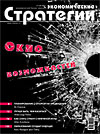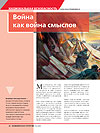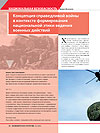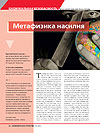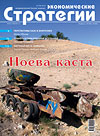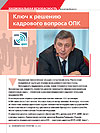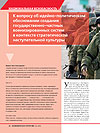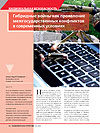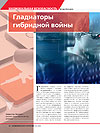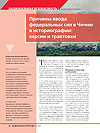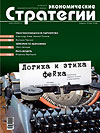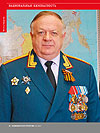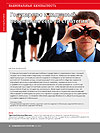The article deals with modern military conflicts, as well as characteristics and peculiar features of strategic offensive culture. This culture always presupposes the existence of struggle elite, a single civil-military corporation capable of spiritual strategic goal setting and as a result — relying on the unity of the state and non-state national security systems, on a single complex — “total forces” — which combines public and private forces ensuring security policy, NPOs that directly interact with them, political parties and movements, religious institutions, mass media and business structures. Public-private paramilitary units of a new type, meeting the requirements of conducting asymmetric and hybrid wars, gradually become the core of this complex.
Продолжить чтение


